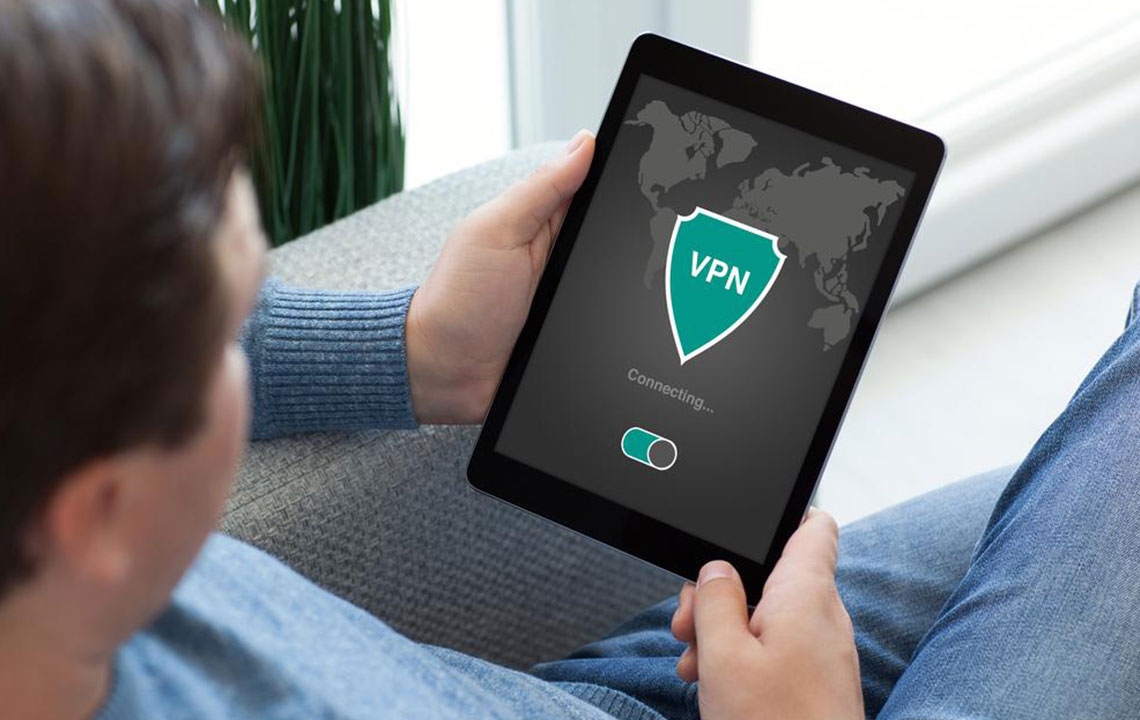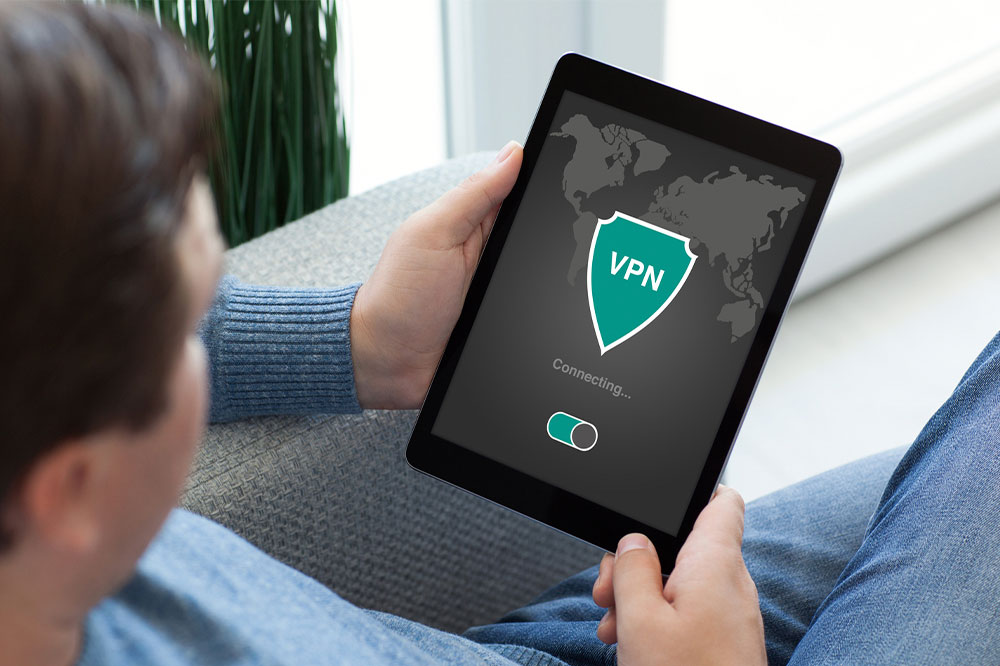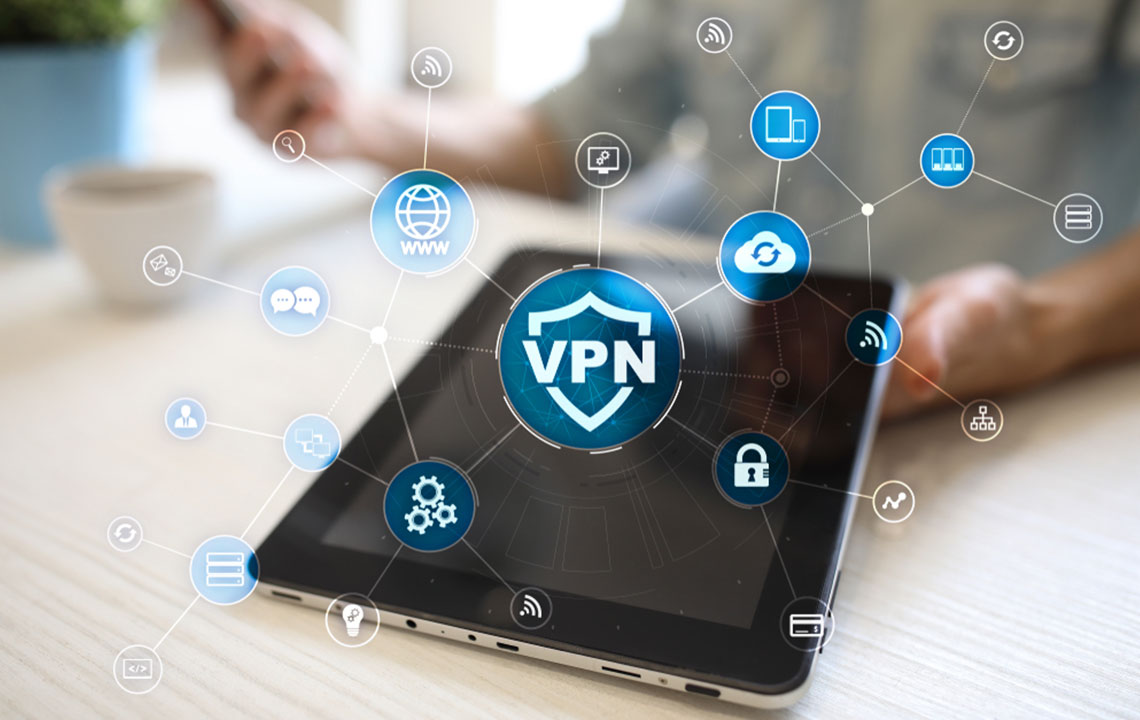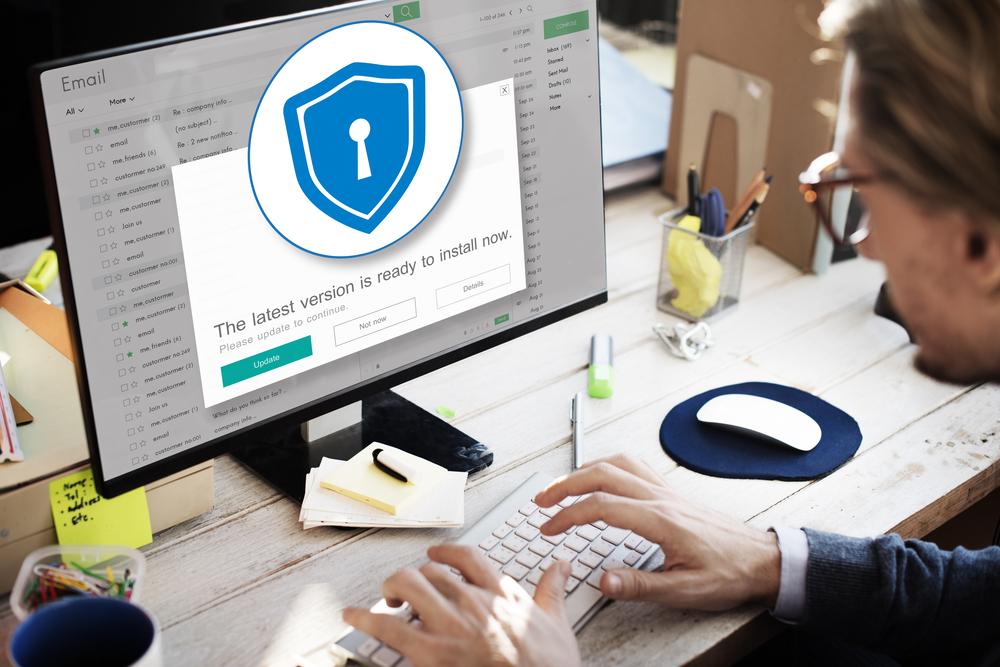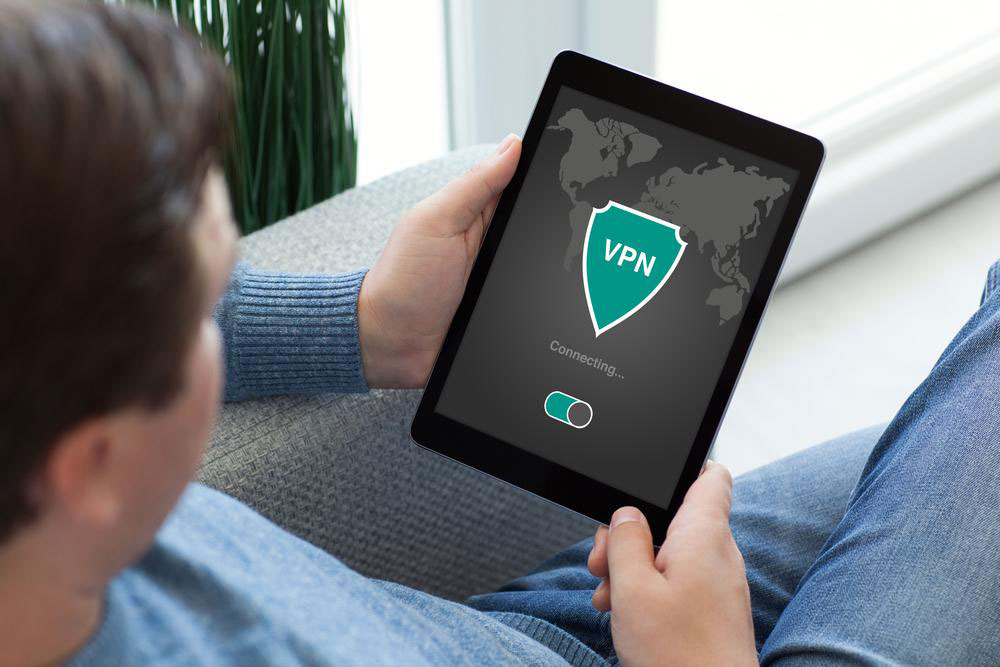Comprehensive Guide to Virtual Private Networks (VPNs)
This article provides a detailed overview of Virtual Private Networks (VPNs), explaining their functions, types, and benefits. It covers how VPNs enhance online security, privacy, and accessibility for individuals and businesses alike. Learn how to choose the right VPN service and maximize its advantages for safe internet usage and world-wide content access.
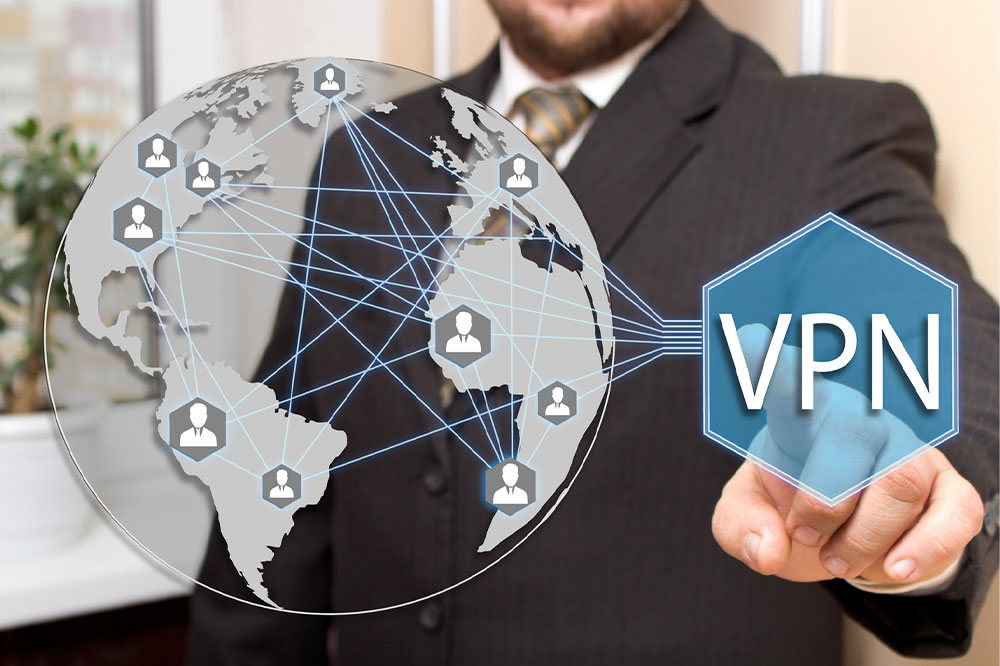
Understanding VPNs: An In-Depth Overview
A Virtual Private Network (VPN) creates a secure, encrypted link between your device and a designated online server. This encryption safeguards sensitive information during transmission and prevents unauthorized access, facilitating secure remote work and online privacy. VPNs are essential tools for businesses and individuals seeking protected internet access.
How Do VPNs Function?
VPNs enable users to connect securely to their workplace or other networks from any location. The encryption keeps data private and ensures safe communication between the device and the server.
Enhanced Security and Privacy with VPNs
Choosing the Right VPN Service
VPNs allow devices on public networks to join private networks through a protected connection, ensuring data safety from malicious actors. Many VPN services offer multiple server locations, enabling you to select the fastest or most suitable connection based on your needs. Typically, connecting to a nearby server yields better speeds.
Your selection of a VPN server depends on your online objectives. For accessing geographically restricted content, selecting a server in that specific location optimizes performance.
Advantages of Using a VPN
In addition to enhanced security, VPNs offer several benefits, including:
Safe Online Browsing
VPNs secure your internet activity on both home and public networks. Combining VPN use with features like two-factor authentication further boosts protection.
Regional Content Access
VPNs can bypass geo-restrictions, allowing you to access content available in different countries. For example, if you're in Europe but want to watch US-streamed content on Netflix, a VPN can facilitate this by masking your real location.
Using a VPN promotes greater anonymity and can prevent service providers from throttling your bandwidth or controlling your content access.

